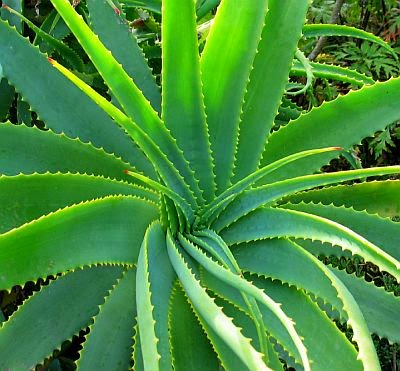Cruelty Free Products for Sensitive Skin
Having been over a year since my last product review, I neglected to explain the reason for my lack of posting. While it's partly because I haven't been able to find the time, the main reason (and the one most important to this blog) is that I've gotten to a point where I have found excellent products in every category that have surpassed all the others I'd tested. So I find that I'm content purchasing the same ones again and again.
As I mentioned in a previous post, I have Seborrheic dermatitis, which causes some dryness and flaking on my skin, but I was also finding that my skin is pretty sensitive in general, and I was experiencing some reactions after testing out some of the products. There were a number of products that I enjoyed quite a bit, but they weren't always agreeing with my skin. This was fairly surprising to me as I would have expected some of these "natural" products to be less aggravating than some of the other brands that are more loaded with unnatural chemicals. However, I didn't always find that to be the case. Despite that fact, I'm not willing to return to using products that are tested on animals.
So I thought that if I paid attention to the ingredients in each of these products that I'd found to aggravate my skin, I might be able to find a common ingredient. And sure enough, I did. But the single common ingredient in each of those products was extremely surprising to me - Aloe (actually, in the ingredient list, it says it's Aloe barbadensis). As you know, aloe is used to soothe the skin, not aggravate it. So, it didn't seem logical that this could be the culprit. And maybe it is, maybe it isn't. But I feel like I did enough anecdotal testing to be able to isolate that as the only ingredient that all the products shared that aggravated my skin. Unfortunately, Aloe barbadensis is a very common ingredient in cruelty-free products, which made my testing that much more difficult.
This is obviously an issue with my own skin and one that I doubt affects many other people. But because of this, I was finding that my already limited options were dramatically shrinking. Fortunately, I'm pleased to say that I've managed to find a product that is both cruelty-free and does not contain Aloe barbadensis. And all of the issues that I was experiencing have gone away. I still do have Seborrheic dermatitis, but my symptoms have significantly diminished. My next post will discuss the product that I've found to work for me. Maybe it will help you too.
As I mentioned in a previous post, I have Seborrheic dermatitis, which causes some dryness and flaking on my skin, but I was also finding that my skin is pretty sensitive in general, and I was experiencing some reactions after testing out some of the products. There were a number of products that I enjoyed quite a bit, but they weren't always agreeing with my skin. This was fairly surprising to me as I would have expected some of these "natural" products to be less aggravating than some of the other brands that are more loaded with unnatural chemicals. However, I didn't always find that to be the case. Despite that fact, I'm not willing to return to using products that are tested on animals.
So I thought that if I paid attention to the ingredients in each of these products that I'd found to aggravate my skin, I might be able to find a common ingredient. And sure enough, I did. But the single common ingredient in each of those products was extremely surprising to me - Aloe (actually, in the ingredient list, it says it's Aloe barbadensis). As you know, aloe is used to soothe the skin, not aggravate it. So, it didn't seem logical that this could be the culprit. And maybe it is, maybe it isn't. But I feel like I did enough anecdotal testing to be able to isolate that as the only ingredient that all the products shared that aggravated my skin. Unfortunately, Aloe barbadensis is a very common ingredient in cruelty-free products, which made my testing that much more difficult.
This is obviously an issue with my own skin and one that I doubt affects many other people. But because of this, I was finding that my already limited options were dramatically shrinking. Fortunately, I'm pleased to say that I've managed to find a product that is both cruelty-free and does not contain Aloe barbadensis. And all of the issues that I was experiencing have gone away. I still do have Seborrheic dermatitis, but my symptoms have significantly diminished. My next post will discuss the product that I've found to work for me. Maybe it will help you too.

Comments
Post a Comment